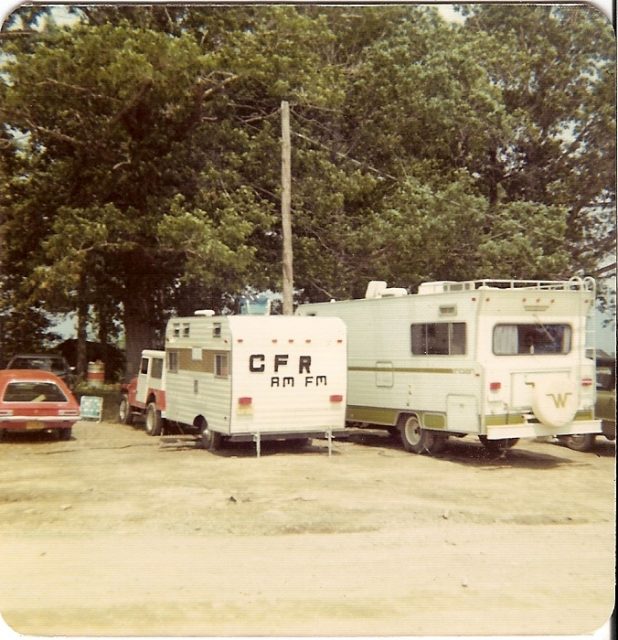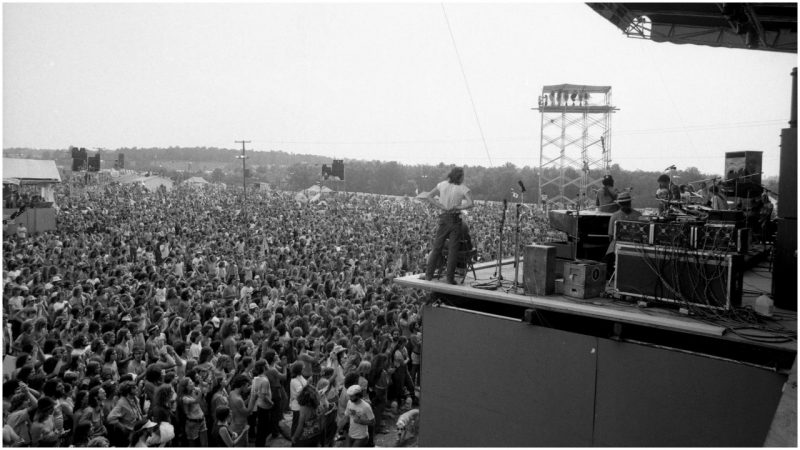Woodstock is one of the biggest musical events in history. The festival was held at Bethel, New York, on August 15th through the 18th in 1969 and was attended by more than 400,000 people.
Prominent names such as Janis Joplin, Jimmy Hendrix, Eric Clapton, Carlos Santana, the Who, Creedence Clearwater Revival, and many others took part in the festival, which wanted to spread a message of peace and love.
The original planned length of the festival was three days, but it got extended for one more day. When the organizers of the event, Michael Lang, John Roberts, Joel Rosenman, and Artie Kornfeld, could not find a suitable venue, they decided to throw the party at a dairy farm owned by Max Yasgur.
The hippie gathering was a massive success, and even though a few more events with the same name were held, none ever attained the fame of the original Woodstock.
What many people do not know, however, is that there was another festival held a few years after the famous event but that has now been forgotten, even though it was bigger than Woodstock.

The name of it was the Summer Jam at Watkins Glen. The festival happened on July 28th, 1973, at the Watkins Glen Grand Prix Raceway, New York. The rock happening attracted approximately 600,000 visitors and entered the pages of the Guinness Book of World Records as the festival with the biggest audience at the time.
Often called the “Forgotten Woodstock,” this event had only three bands perform: The Grateful Dead, the Band, and the Allman Brothers Band. The concert was organized by Shelly Finkel and Jim Koplik, both experienced promoters, and was planned to last for one day.
However, thousands of concertgoers arrived at the venue on July 27th, one day before the event. Those who came earlier could also enjoy the soundcheck of the musicians, which turned into quite an event in its own right, as the Grateful Dead performed a two-hour concert and the remaining bands played many of their songs as well.
When the morning of the 28th came, more and more rock fans arrived, and the target of the organizers was achieved: to put on a concert with a bigger audience than the one at Woodstock.
During the festival day, a heavy thunderstorm happened and the rain managed to interrupt the event for a while, but the music continued after the rain, turning the festival into an undoubted success story. The Grateful Dead performed first, followed by the Band, and the Allman Brothers Band went on stage last. The festival ended with an hour-and-a-half jam performance.
The memories of the Summer Jam at Watkins Glen faded and the festival is forgotten today. Shelly Finkel and Jim Koplik limited the $10 tickets at 150,000, but many fans came without tickets, turning the festival into a spectacle.
Not to forget what that endless crowd did, those rivers of people, did to Watkins Glen village, which only had about 2,700 residents according to a 1970 census (today it doesn’t have over 2,000 residents). As NewYorkUpState writes, it could have been that every one out of three individuals aged between 17 and 24, and coming from New York to Boston, was there, being part of the festivities.
The entire event froze traffic in the area, and some businesses were even forced to shut down for a day as it was impossible for their employees to commute to work. Reportedly, local shops were also emptied of beverages and food. The event was bigger than the people, and as everything was so overwhelming, nobody put themselves forward to organize another Summer Jam in the next years.
Afterward, the media also reported that there were 50 people arrested, four died on the roads in accidents, and one baby was born.
